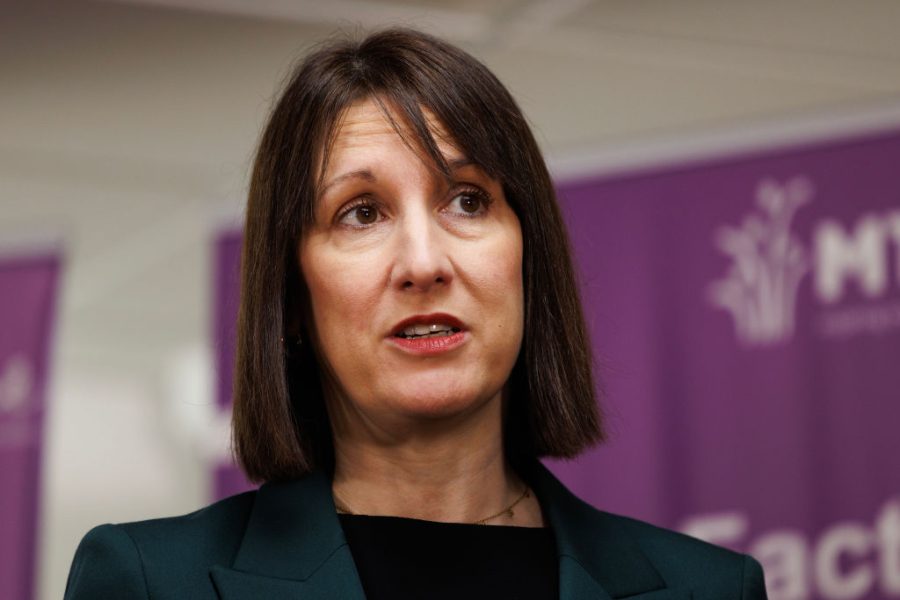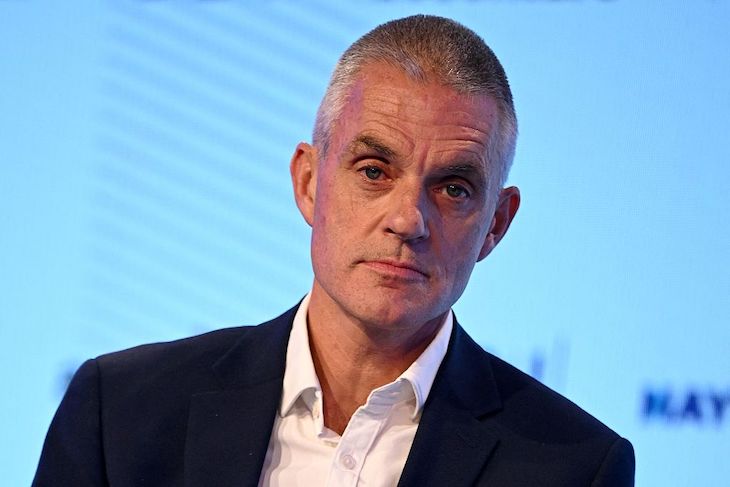How will the £40 billion additional tax revenue raised in the October Budget be spent? Efficiently, says the Chancellor this morning, who is setting out her plans for a war on waste.
Rachel Reeves has informed government departments this morning that there will be a ‘line-by-line review’ of budgets leading up to the Spending Review next spring, while ministers are ‘expected to find savings and efficiencies… in a push to drive out waste in the public sector and ensure all funding is focused on the government’s priorities’ – specifically the priorities laid out in the Prime Minister’s ‘Plan for Change’ last week.
There isn’t more to give – not right now anyway
‘The previous government allowed millions of pounds of taxpayers’ money to go to waste on poor value for money projects. We will not tolerate it,’ says Reeves. ‘I said I would have an iron grip on the public finances and that means taking an iron fist against waste.’
It’s certainly a shift in tone: having offered up £10 billion for public sector pay hikes and £22 billion for more day-to-day NHS spending – all without any agreement increase productivity – it seems the government is about to run a cost-savings exercise, to both scale back spending and improve the quality of services at the same time.
Is this part of Keir Starmer’s reset from last week? In some ways it appears to be, as the Treasury today ties its Spending Review plans directly to delivering the ‘milestones’ laid out in the Plan for Change.
But it’s not the same kind of reset. Starmer is trying to get the country to buy back into his vision for the country – having upset plenty of stakeholders, especially business, in his party’s first Budget. Reeves, however, seems to be circling back to the initial starting point of this government: that money would always need to go hand-in-hand with reform. Boosts for the public sector could not disappear into a black hole. They needed to yield efficiency gains, better productivity, and results for taxpayers.
This explains why the Chancellor has started her morning today meeting frontline NHS staff – health service officials have already pushed back on the targets set by the Prime Minister last week, insisting that the additional tens of billions of pounds are not near enough to get to most routine operations within 18 weeks of diagnosis. As I’ve written before on Coffee House, this was always the risk of giving £22 billion additional funds upfront, without any tie to reform or delivery – that this becomes the new baseline of what the health system gets for nothing. It’s no surprise there is already pressure on the Chancellor to deliver much more to start getting better results.
But there isn’t more to give – not right now anyway. Markets are still asking for a bigger premium than they were before to lend to the UK. Having pushed up borrowing costs with the Budget announcements, Reeves is increasingly restricted in what she can pledge to spend. This puts far more pressure on her Treasury to find savings. Otherwise, what the Chancellor has been desperate to avoid – that she may need to come back for more tax hikes – becomes an increasingly likely possibility.
But just how serious is the government about finding these savings? Having pledged not to return to any kind of policy that could be labeled ‘austerity’, the party is going to face a lot of internal scrutiny as it tries to find these savings.
It’s notable that Reeves talks about the ‘millions’ that were wasted by previous governments. While it’s noble to root out any kind of waste, cutting ‘millions’ – in the context of her Budget – isn’t going to give the Chancellor the flexibility she wants, or make even a dent in the deficit, or allow for any meaningful change in borrowing projections. All that would require billions, and that is going to be a much harder task – not least when ‘value for money’ is such a subjective phrase. It’s not unreasonable to think Labour are more likely, on average, to find the ‘value’ in a public sector programme – making it even less likely they’ll take the axe to it.
There may be some effort here to be part of the international conversation about money and waste: most notably the big expectations around President-elect Trump’s new Department of Government Efficiency (Doge). The department is supposed to slash a fifth of the federal budget: a trillion-dollar exercise. Labour may have clocked that there is appetite for a more efficient state, not just across the pond, but in the UK too. But following through with cuts – and demanding better service for fewer resources – remains the pledge that no government for years has been able to make good on.








Comments